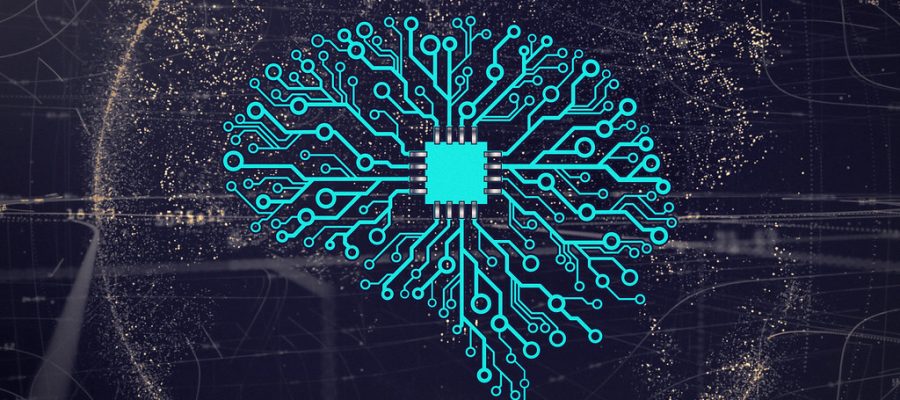By: Maura R. Grossman, Paul W. Grimm, Daniel G. Brown, and Molly Xu Generative AI (“GenAI”) systems such as ChatGPT recently have developed to the point where they can produce computer-generated text and images that are difficult to differentiate from human-generated text and images. Similarly, evidentiary materials such as documents, videos, and audio recordings that are AI-generated are becoming increasingly difficult to differentiate from those that are not AI-generated. These technological advancements present significant challenges to parties, their counsel, and the courts in determining whether evidence is authentic or fake. Moreover, the explosive proliferation and use of GenAI applications raises concerns about whether litigation costs will dramatically increase as parties are forced to hire forensic experts to address AI-generated evidence, the ability of juries to discern authentic from fake evidence, and whether GenAI will overwhelm the courts with AI-generated lawsuits, whether vexatious or otherwise. GenAI systems have the potential to challenge existing substantive intellectual property (“IP”) law by producing content that is machine, not human, generated, but that also relies on human-generated content in potentially infringing ways. Finally, GenAI threatens to alter the way in which lawyers litigate and judges decide cases. This article discusses these issues, and offers a


